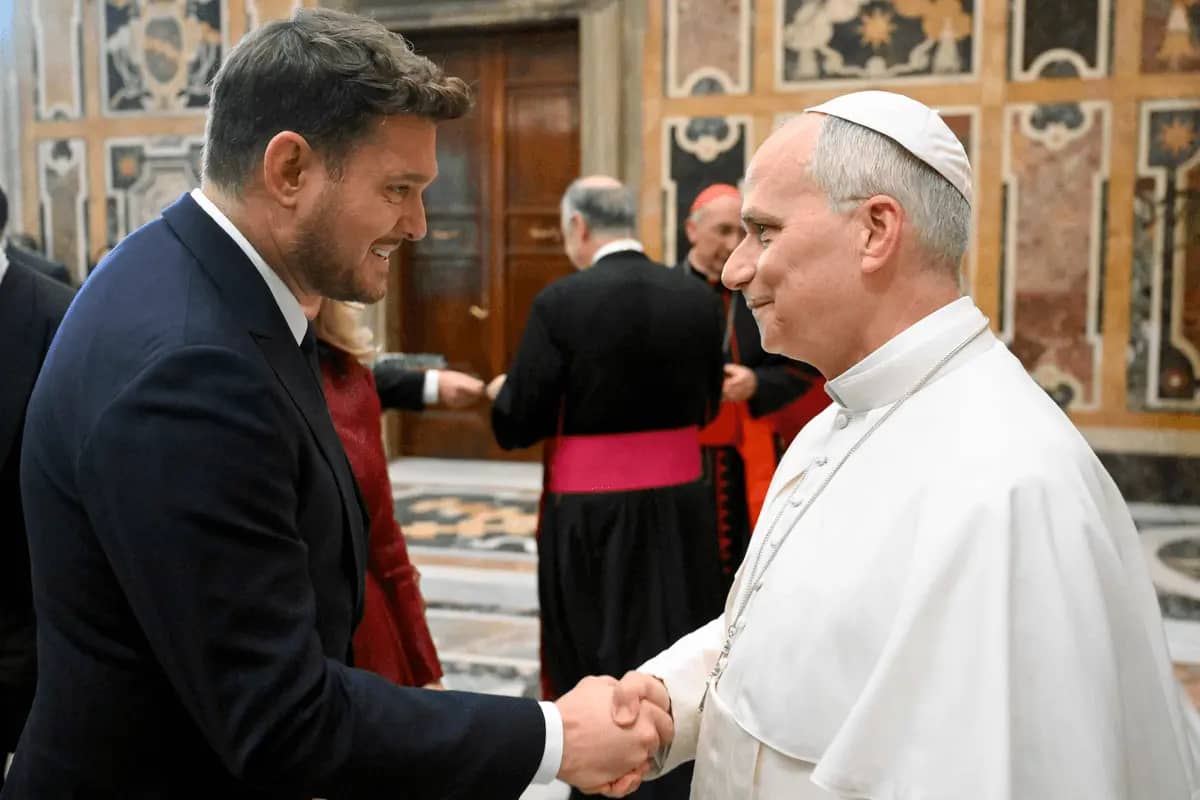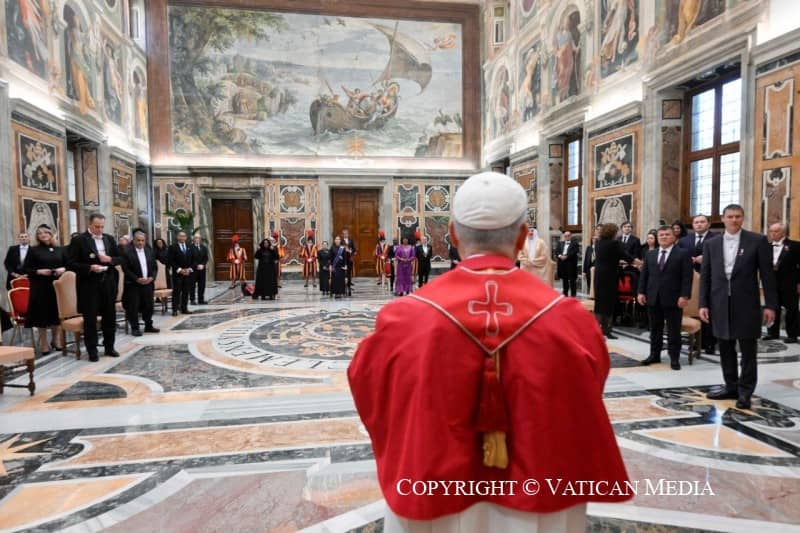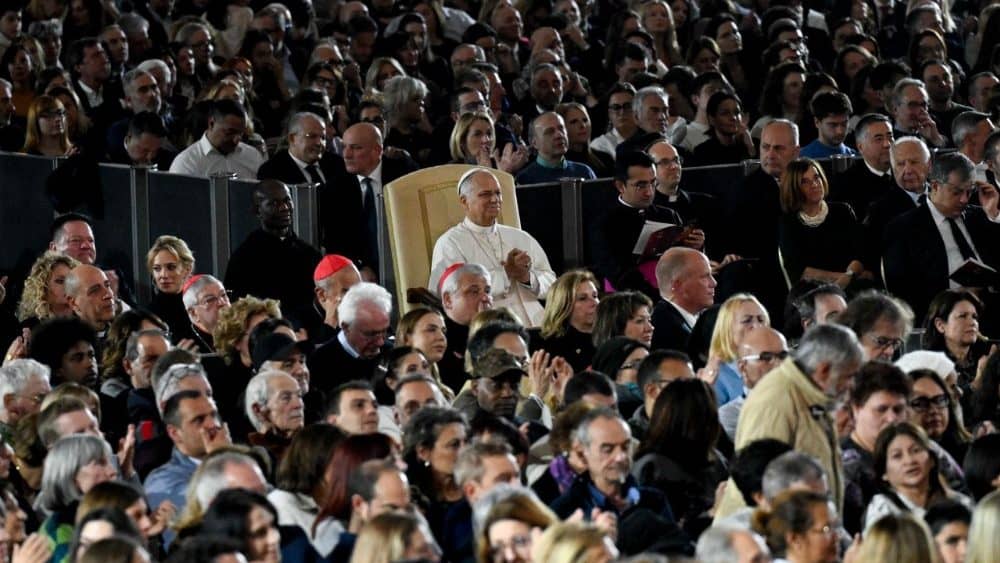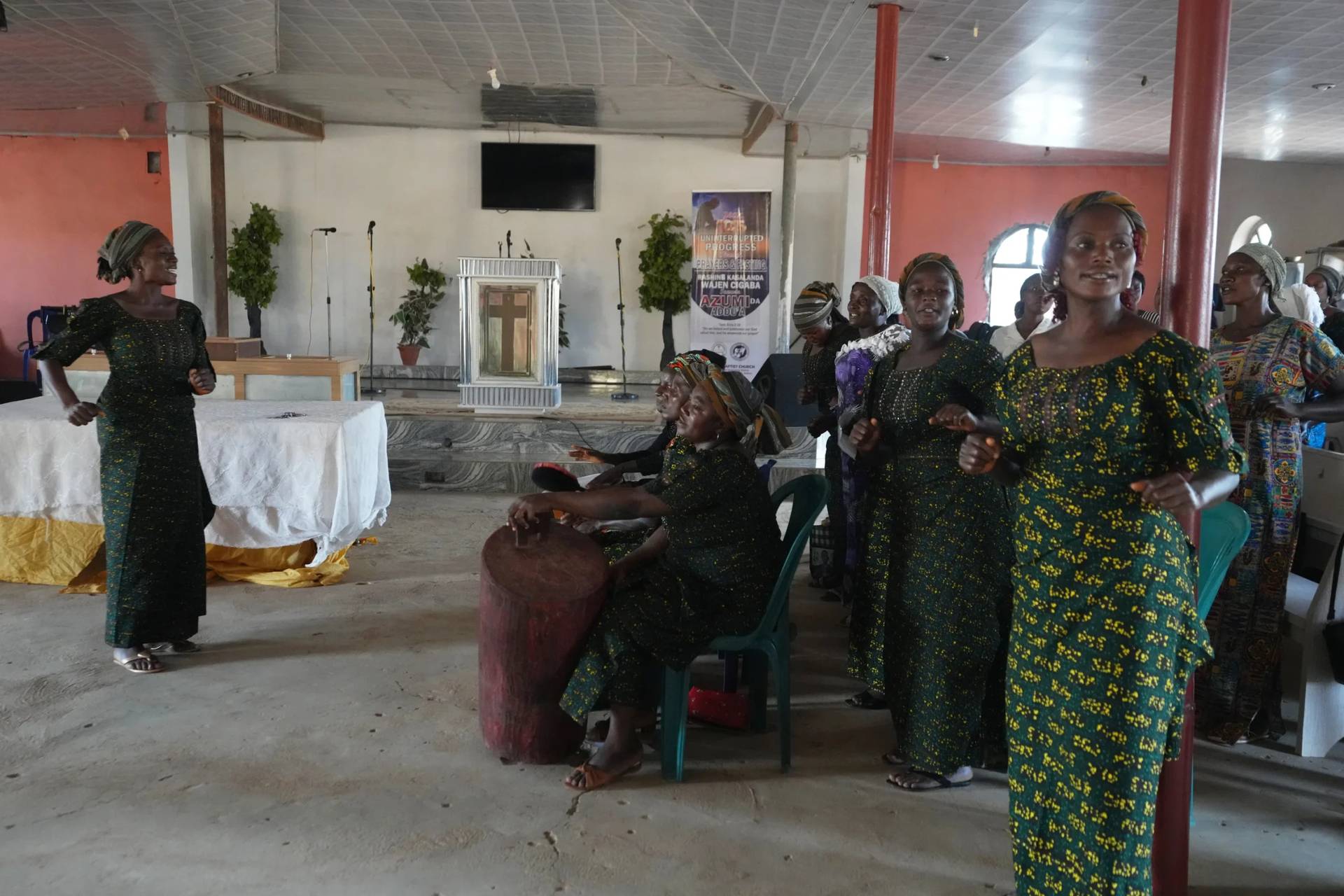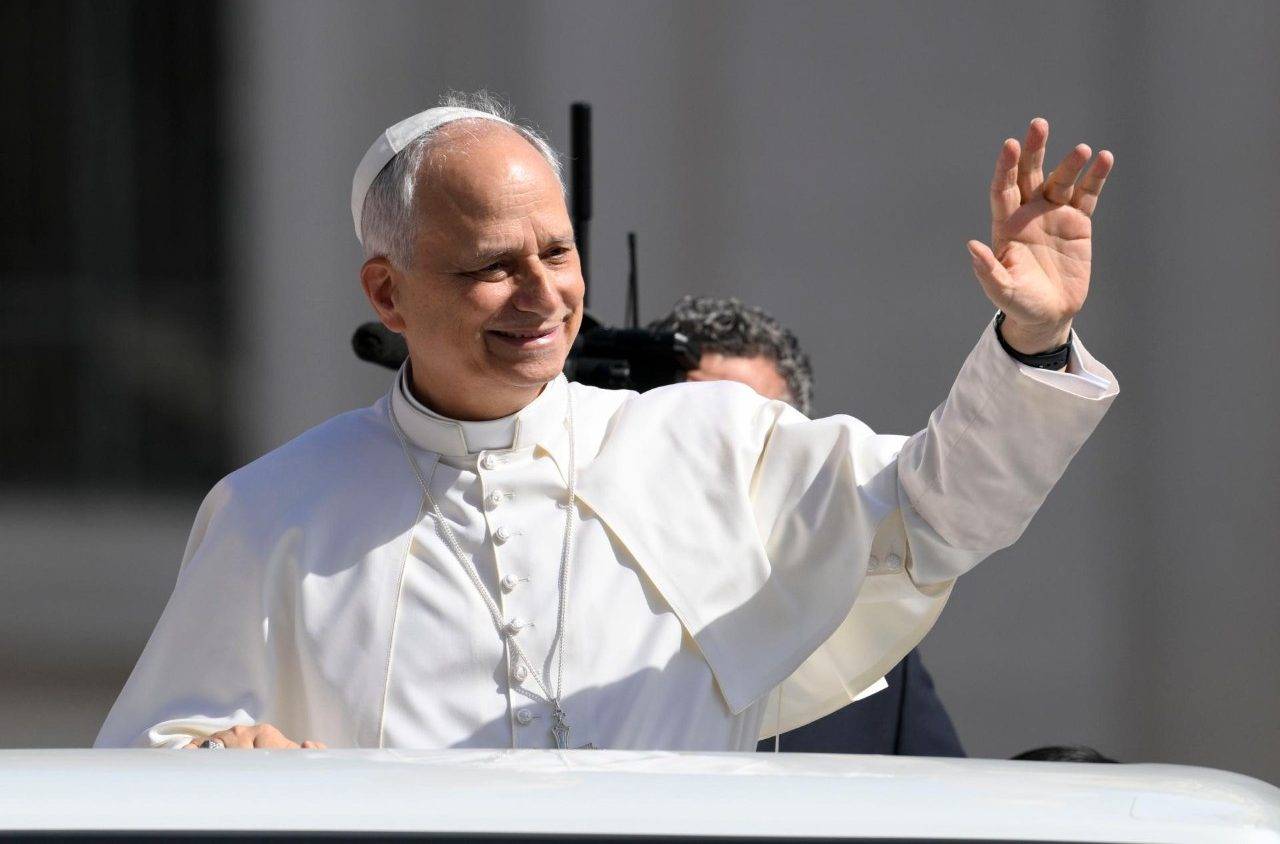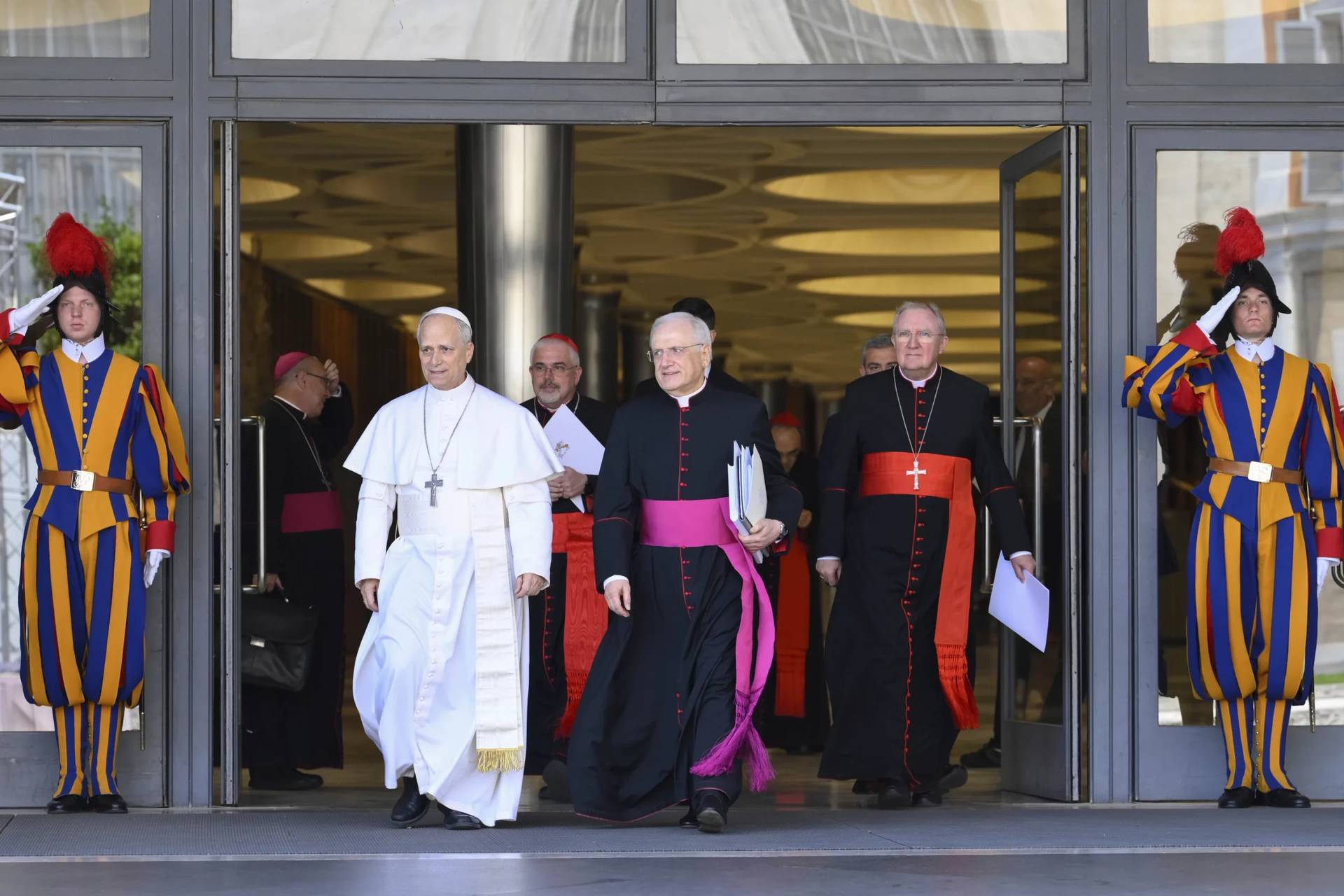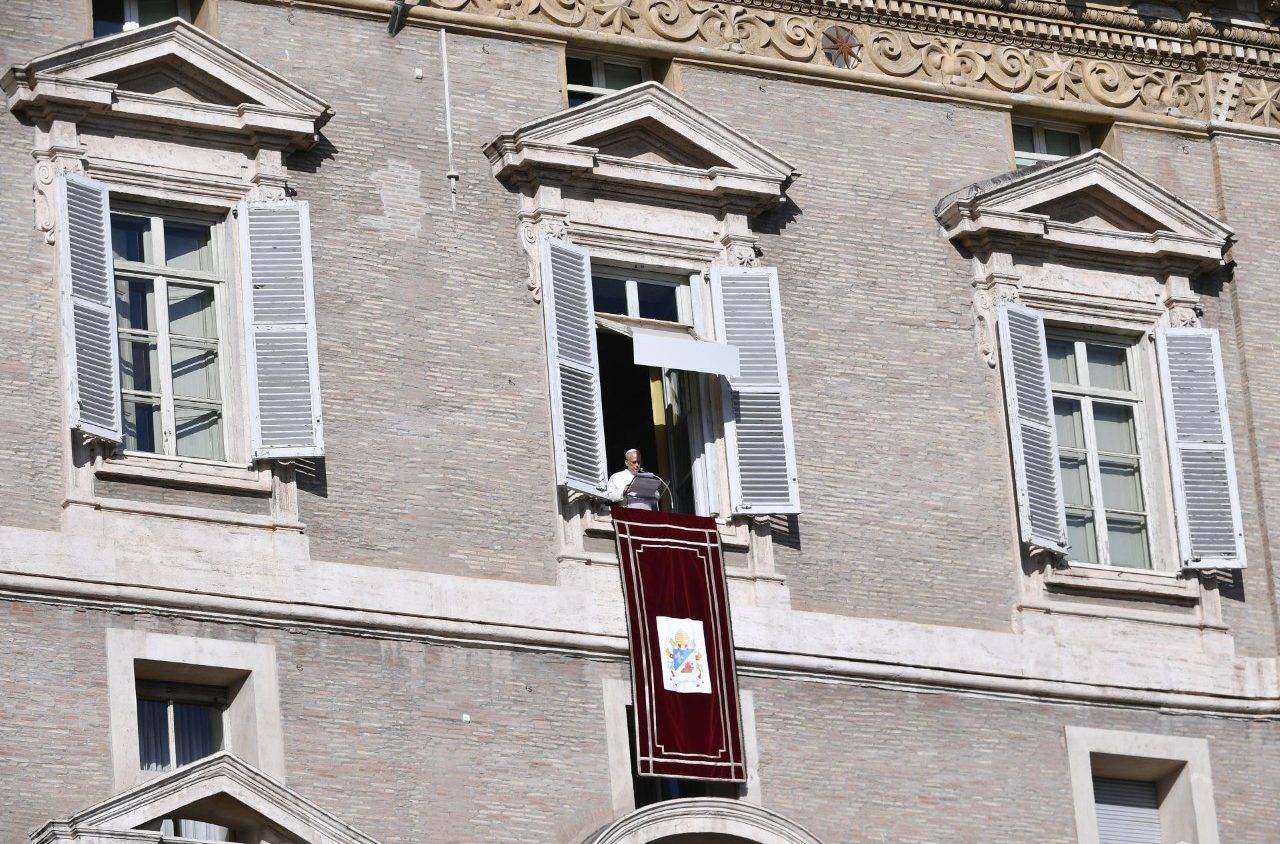Monday marks an Italian holiday called ferragosto, which now coincides with the feast of the Assumption of Mary, but which in reality stretches all the way back to ancient Rome and the summertime Feriae Augusti, or “holidays of Augustus,” introduced by the emperor.
Generally speaking, Rome goes into near-total hibernation around this time; the city empties out, restaurants and shops are closed, TV airs re-runs, and basically everyone takes a long nap. The old joke is that only two things move in the Eternal City during this time of August: cani e americani, or “dogs and Americans.”
In the Pope Francis era, however, that’s no longer true, because someone else is on the prowl even now: An Argentinian completely missing an “off” switch.
Consider what Francis has been up to just in recent weeks.
In late June, he took a three-day trip to Armenia full of both political and ecumenical significance. In late July, he went on a five-day swing through Poland, presiding over a World Youth Day that reached its crescendo with a Mass estimated by organizers to have drawn three million people. Now, he’s readying to preside over a Sept. 4 canonization Mass for Mother Teresa projected to be the largest happening in Rome during his jubilee Year of Mercy.
In between, there have been countless smaller moments of drama: letters to bishops’ conferences, the creation of a commission to study women deacons, audiences, interviews, messages, and on and on … just trying to catalogue it all is exhausting.
Famously, Francis has refused to take the traditional summer break for popes, declining to relocate to the summer residence at Castel Gandolfo in the Castelli, meaning the small hill towns that surround Lake Albano southeast of Rome, offering cooler air and a slower rhythm of life.
(As a footnote, Francis may be seen as a champion of the little guy and the working class everyplace else, but definitely not in Castel Gandolfo, where he’s essentially laid waste to the local economy by refusing to go there.)
Francis’ drive and work ethic are undeniably impressive, especially for a man who’ll turn 80 in December. Yet there are at least three good reasons why Francis might want to consider dialing it down a bit, adopting the Roman custom of taking a break in the second half of August.
First, giving the Church a chance to catch its breath might be helpful right now, because it’s often difficult to assimilate whatever Francis has said or done most recently in light of how rapidly the next bombshell generally comes.
Classic Catholic thought has focused on the importance of “reception” of a doctrine or law, meaning the often lengthy process by which people ponder the meaning of what’s been said, make various stops and starts in trying to apply it, sift through the results, and then try again.
Though reception is often a bumpy process – look at the implementation of the Second Vatican Council, for instance – it’s essential if new teachings or directions are going to be anything other than words on paper, and there’s only so much you can ask people to “receive” at once.
Presumably, for instance, Francis intended to make a statement on Thursday by lunching with 21 Syrian refugees, including the 12 he brought back with him to Rome in April after a day trip to the Greek island of Lesbos.
There was precious little time to consider what that statement might be, however, because just 24 hours later news broke that he had gone across town to meet 20 female victims of prostitution rackets as part of his “Fridays of Mercy” push during the jubilee year.
One sometimes wonders if the continual avalanche of words and deeds under Francis is providing adequate space to truly take it all on board.
Second, Francis may also risk placing unrealistic, and ultimately unsustainable, demands on his subordinates. It’s one thing if a leader decides to burn himself out, quite another if he imposes burnout on everyone around him.
Privately, many Vatican officials and even bishops in other parts of the world these days will tell you that it’s been a while since they got a sound night’s sleep, worrying about whatever new papal initiative or declaration they’ll have to respond to in the morning.
Many observers have noted an increasingly brittle and on-edge tone to Catholic discussion, and it’s possible that the pace and intensity of developments under this pope has something to do with it.
Exhaustion and patience are, after all, not exactly kissing cousins.
Third, there’s the impact on Francis’ own health.
To date there haven’t been any truly serious health scares under this pope, though we did see him stumble in Poland, and anyone who watched him walking through Auschwitz noted the visible discomfort with which he moved.
It’s difficult to imagine, however, that someone on the brink of 80 can keep this intensity up forever. Indeed, it seems increasingly possible that some down time may be imposed on Francis, whether he wants it or not, when his body finally can’t keep up with the restlessness of his mind and will.
Pope Francis is a Jesuit in the mold of Ignatius of Loyola, and thus a keen discerner of spirits. He therefore knows that the importance of rest is a core Biblical principle – that, after all, is the foundation of the Sabbath. He also knows that one cause of what the Church fathers called acedia, or sloth, is the fatigue that comes from excessive activity.
In light of all that – and, to be completely honest, in the name of a press corps forever struggling to keep up with this remarkable pontiff – may I suggest that the next couple of weeks might be a great time for a break?






